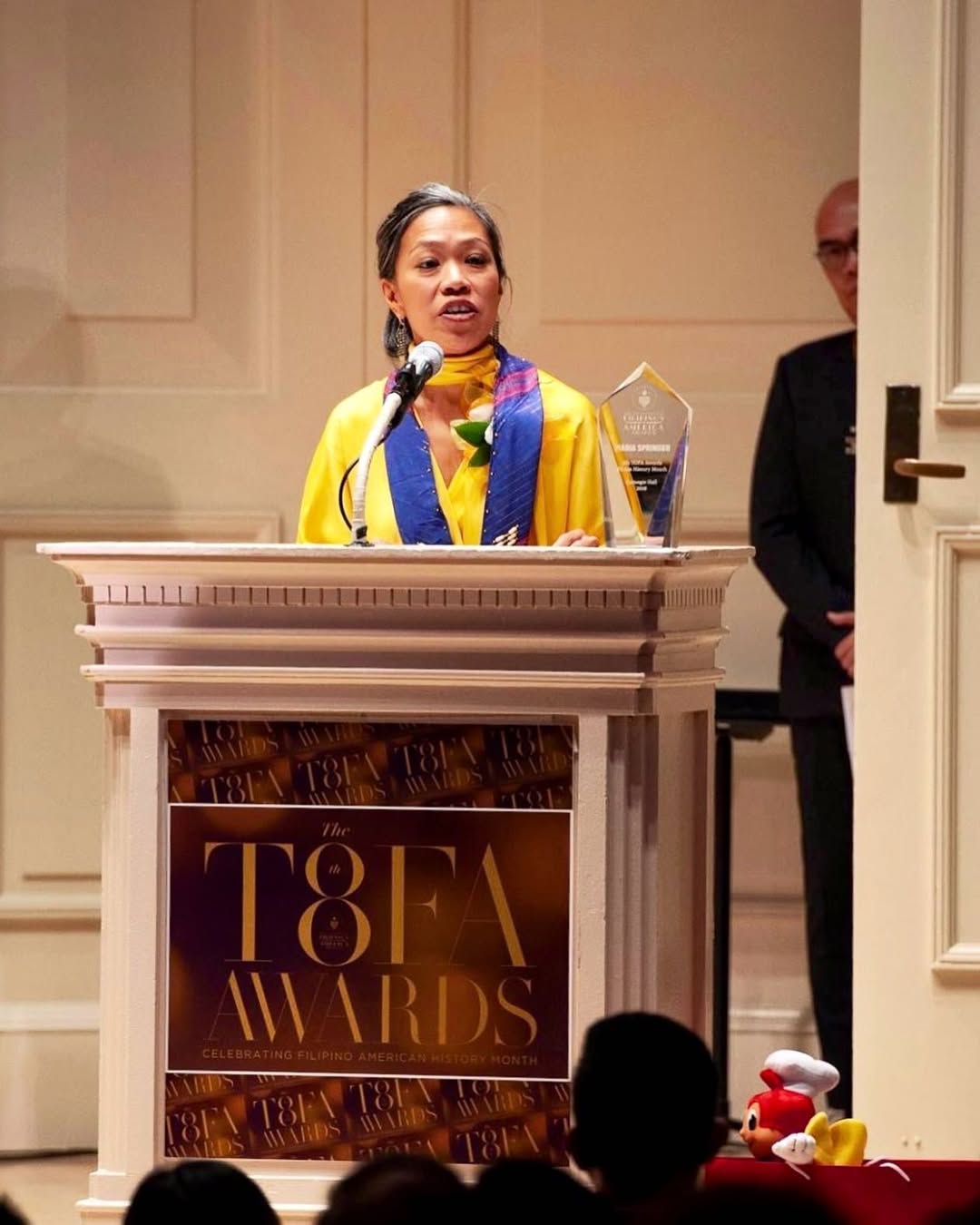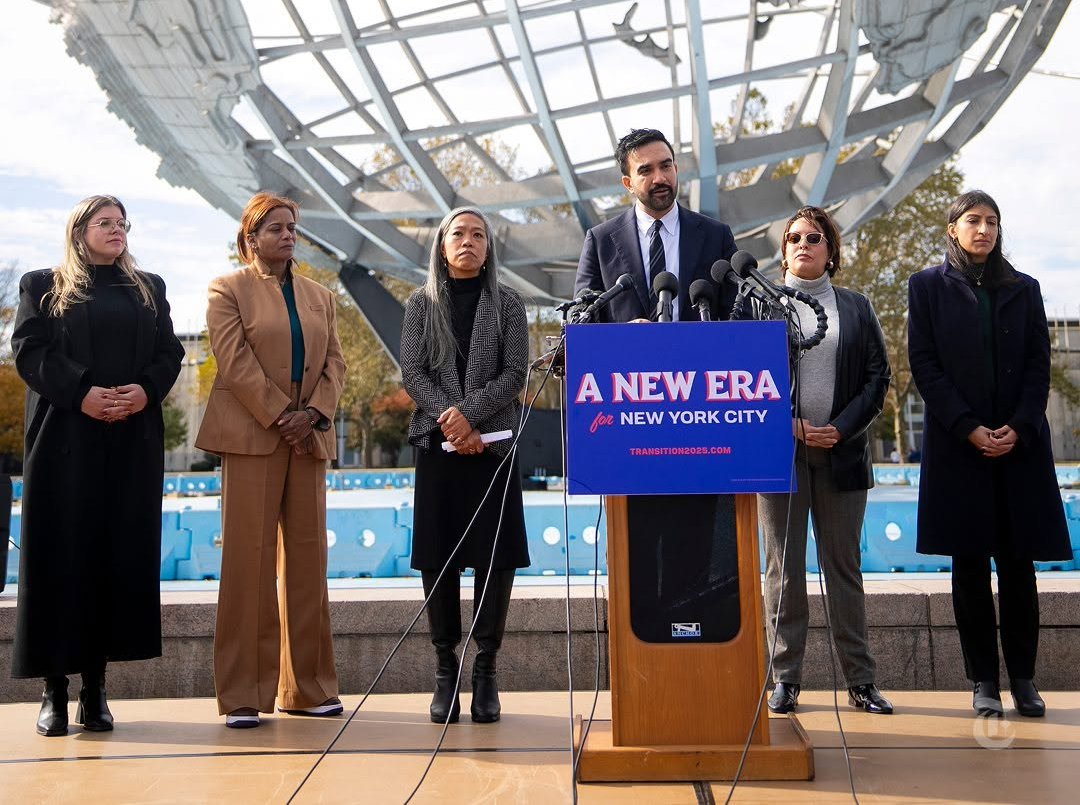Zohran Mamdani has announced an all-women transition team to guide his incoming New York City administration, including former FTC Chair Lina Khan and prominent housing leader Maria Torres-Springer. The team will oversee planning for the city’s $100 billion budget, housing strategy, and regulatory oversight. The appointments signal a focus on affordability, economic fairness, and corporate accountability.
Zohran Mamdani’s All-Women Transition Team: What the New Leadership Means for NYC’s Financial Future
When Zohran Mamdani unveiled his transition team, it was immediately clear that this was about more than symbolism. The incoming New York City mayor appointed an all-women leadership group tasked with shaping economic, regulatory and housing policy in the nation’s largest municipal government. Their collective backgrounds reveal the priorities likely to define Mamdani’s administration: affordability reform, corporate accountability, and restructuring how public dollars are spent citywide.
This is a moment where policy meets power — and where experience, particularly in finance and regulatory oversight, will determine whether campaign promises translate into durable civic change.
The Power Figures Shaping City Hall
Elana Leopold – Executive Director of the Transition Team
Leopold has long worked in city-level governance and political strategy, previously guiding operations in progressive campaigns across New York. Her role is operationally central — coordinating agency reviews, talent recruitment and the budgetary groundwork for an administration managing over $100 billion in annual public spending.
Maria Torres-Springer – Co-Chair, Housing & Economic Development
A respected leader in urban planning, Torres-Springer previously served as NYC’s Deputy Mayor and led the Economic Development Corporation. Her record includes major affordable housing expansions and neighborhood redevelopment initiatives. With New York’s housing crisis reaching peak urgency, she represents both strategic credibility and executional experience.

Maria Torres Springer
Lina Khan – Co-Chair, Corporate Oversight and Public Accountability
Khan’s appointment is the most attention-grabbing. As former Chair of the Federal Trade Commission, she became one of the most influential antitrust regulators of the decade — taking on Amazon, Meta, and major corporate consolidators. Her arrival signals heightened scrutiny of corporate actors in real estate, utilities, contracting, and infrastructure operations.

A corporate governance scholar at Columbia Law School noted:
“Bringing Lina Khan to a municipal transition signals a readiness to examine how big corporate interests shape the cost of living in cities. It’s a regulatory message as much as a political one.”
Grace Bonilla – Co-Chair, Social Services & Community Equity
Bonilla, President of the United Way of New York City, has deep experience directing resources for working families. Her involvement suggests that the administration intends to expand essential services while reworking how aid is accessed and funded.

GRACE BONILLA
Melanie Hartzog – Co-Chair, Fiscal Policy and Agency Efficiency
Hartzog’s background in managing the city budget under previous administrations equips her to tackle spending efficiency, labor costs and multi-agency funding overlaps — all core challenges for New York governance.

Melanie Hartzog
The Financial and Legal Angle: A City Budget Under New Scrutiny
With a working budget larger than the GDP of some countries, New York City’s finances are always under pressure. Mamdani’s campaign promised expanded public services and housing affordability — goals that collide directly with fiscal limits and legacy contracts.
The inclusion of a former federal antitrust enforcer and experienced budget directors signals that:
-
Corporate contract audits are likely.
-
Real estate incentives may be reevaluated.
-
Public-private partnerships could face new transparency requirements.
-
City vendor networks will no longer be treated as politically untouchable.
According to analysis reviewed by CEO Today, this transition team is structured not simply to advise, but to rebuild oversight systems inside City Hall.
Why This Matters Now
New Yorkers are facing record housing costs, strained public transit reliability and expanding cost-of-living pressures. The promise of this transition team is not revolution — but structural recalibration:
-
More public accountability in financial negotiations
-
New investment in affordable housing
-
Improved distribution of city services
-
Reduced corporate influence over essential infrastructure
The question now is execution — and whether political vision can withstand fiscal gravity.
Conclusion
Zohran Mamdani’s all-women transition team is more than a symbolic milestone. It is a significant signal of how the new administration plans to govern: cautiously with public money, assertively with corporate actors, and strategically with social priorities. The coming months will reveal whether these leaders can convert progressive ambition into durable, financially sustainable policy — and reshape how New York City works for the people who live in it.














